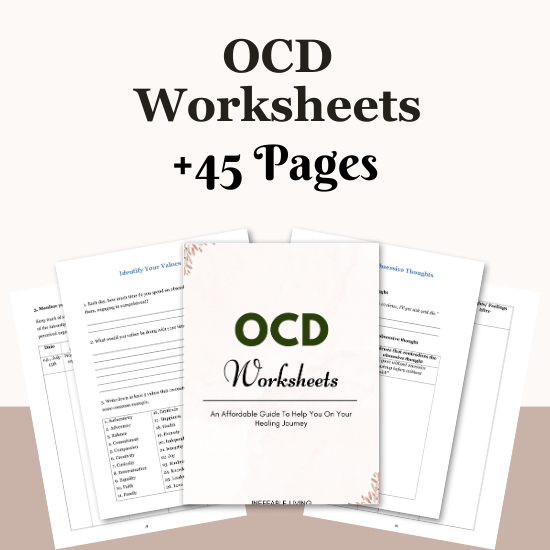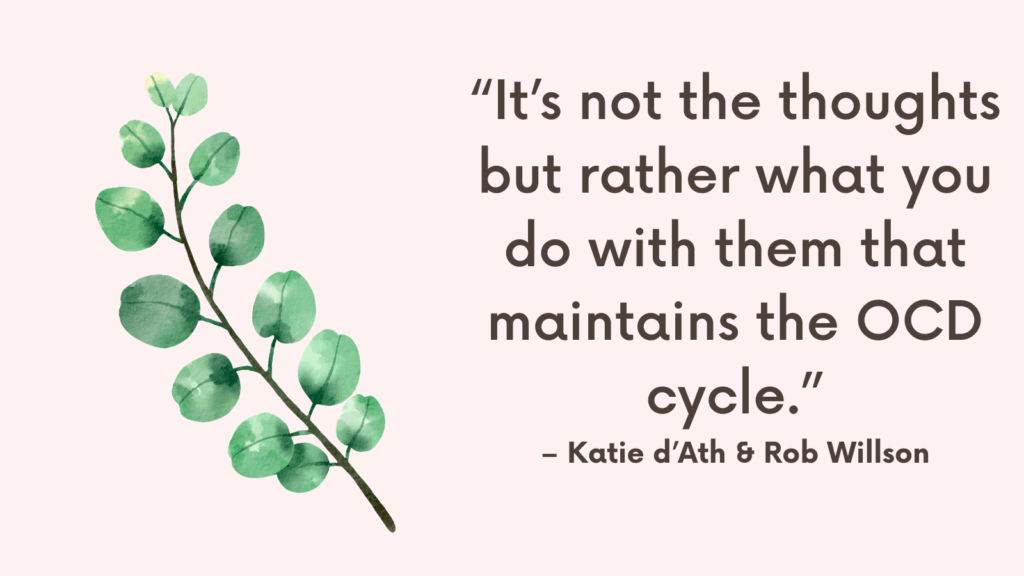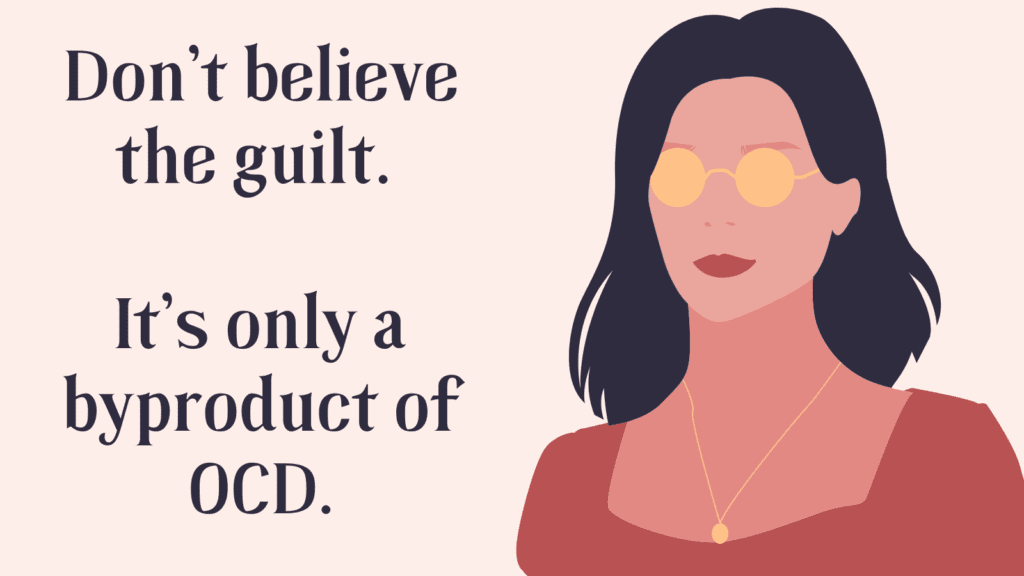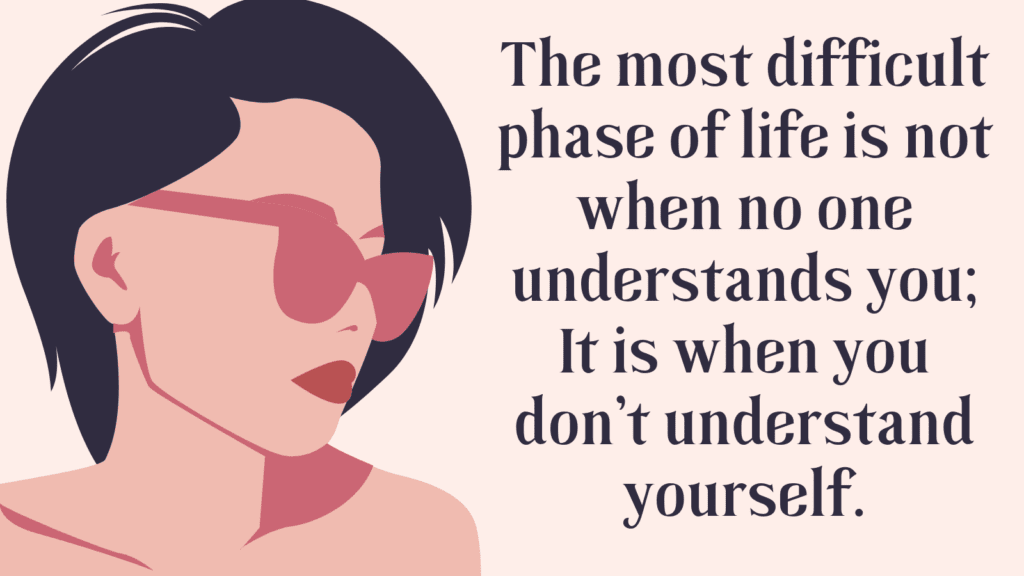Explaining Obsessive-Compulsive Disorder (OCD) to someone who doesn’t understand it can feel frustrating, especially when it’s misunderstood as a “quirky” personality trait. Real OCD is not about neatness or preferences—it’s about intrusive thoughts, overwhelming anxiety, and compulsions used to try and find relief. Here’s how to explain it in a way that builds empathy and clarity.
What OCD Really Is Beyond Stereotypes
Obsessive-Compulsive Disorder (OCD) is one of the most misunderstood mental health conditions. Often reduced to quirky behavior or extreme cleanliness in pop culture, the reality of OCD is far more complex and distressing than these surface-level portrayals suggest.
What OCD Is Not
OCD is not just being neat or liking things organized. While some people with OCD do have cleanliness-related compulsions, many do not. It is not a personality trait, a phase, or something you can simply stop doing. Jokingly saying you are OCD because you like your desk tidy contributes to the misunderstanding and stigma surrounding this serious disorder.
What OCD Is
OCD is a mental health disorder characterized by two key components: obsessions and compulsions.
Obsessions are unwanted, intrusive thoughts, images, or urges that cause significant anxiety or distress. These are not thoughts a person enjoys or agrees with. In fact, they often go completely against the person’s values and can be deeply disturbing.
Compulsions are repetitive behaviors or mental acts a person feels driven to perform in response to the obsession. The purpose of these compulsions is to reduce the anxiety or prevent something bad from happening, even if the action has no real connection to the feared event.
Examples of How OCD Shows Up
- A person fears they might harm someone accidentally and constantly checks to make sure they locked the door or turned off the stove.
- Someone is tormented by taboo intrusive thoughts and prays or mentally neutralizes the thought hundreds of times a day.
- A person worries excessively about moral perfection and spends hours replaying conversations to make sure they did not lie or offend anyone.
OCD Themes Are Diverse
OCD can focus on many different themes including contamination, harm, relationships, sexuality, religion, morality, symmetry, or even existential fears. Two people with OCD may have completely different experiences, and one person’s obsessions may be invisible to others.
Related: How To Let Go Of OCD? Top 6 Powerful Strategies to Treat OCD Using CBT (+FREE OCD Resources)
The Cycle of Distress
The hallmark of OCD is the cycle it creates. The intrusive thought appears and causes anxiety. The person performs a compulsion to try to feel better. That temporary relief reinforces the compulsive behavior. But the thought returns again, often stronger. Without proper treatment, this cycle can become exhausting and life-limiting.
How to Explain OCD to Someone Who Doesn’t Understand?
1. Start With a Simple Definition
Say: “OCD is a mental health disorder where a person has unwanted, intrusive thoughts (obsessions) and feels driven to do certain behaviors (compulsions) to relieve the anxiety those thoughts cause.”
2. Explain That It’s Not About Cleanliness
Many people assume OCD is just about being tidy or organized. Clarify that:
“While some people with OCD may have cleaning compulsions, others struggle with thoughts about harm, contamination, morality, or symmetry. It’s not about liking things neat—it’s about needing to do things to feel safe or ‘right.’”
3. Use an Analogy
Try this: “Imagine your brain gets stuck on a thought—like a scratched record—and it plays over and over again. Compulsions are like rituals you feel you have to do to make the anxiety stop, even when you know they don’t really make sense.”
Related: How To Support A Friend With OCD? 7 Practical Ways You Can Help Someone With OCD
4. Emphasize the Anxiety Component
Say: “OCD isn’t about control—it’s about fear. The thoughts feel terrifying, and the compulsions are a way to cope. But they only bring temporary relief, and the cycle starts again.”
5. Make It Personal (If You’re Comfortable)
If you have OCD, you might share a real example (in a non-triggering way):
“For me, OCD shows up as needing to check things repeatedly because I’m scared something bad will happen if I don’t—even though I logically know it won’t.”
6. Clarify That OCD Is Not a Choice
Say: “No one chooses to think like this. It’s not just a bad habit—it’s a mental health disorder that changes how the brain processes uncertainty and threat.”
Related: Resources For OCD (Information, Podcasts, APPS, TED Talks, Books)
7. Correct the Myths Gently
If someone says, “I’m so OCD about my desk,” you can respond with:
“Actually, OCD is much more intense than that. It’s not about preferences—it’s about painful, repetitive thoughts and behaviors that interfere with life.”
8. Share That Treatment Exists
You can say: “With the right therapy—like Exposure and Response Prevention—and sometimes medication, OCD can become more manageable. But it takes time and support.”
9. Encourage Empathy Over Fixing
Say: “What helps most is not advice, but just understanding. OCD isn’t solved by logic—it’s helped by feeling safe, supported, and not judged.”
10. Point Them Toward Resources
If they’re open, suggest reading or watching materials that explain OCD more deeply. Options include:
- The OCD Stories podcast
- Books like Brain Lock or Unwanted Intrusive Thoughts
- The IOCDF (International OCD Foundation) website
Related: Top 35 OCD Coping Skills

Conclusion
Helping someone understand OCD isn’t about perfect explanations—it’s about making space for the truth: OCD is real, painful, and treatable. And people who live with it deserve to be seen, not minimized.



